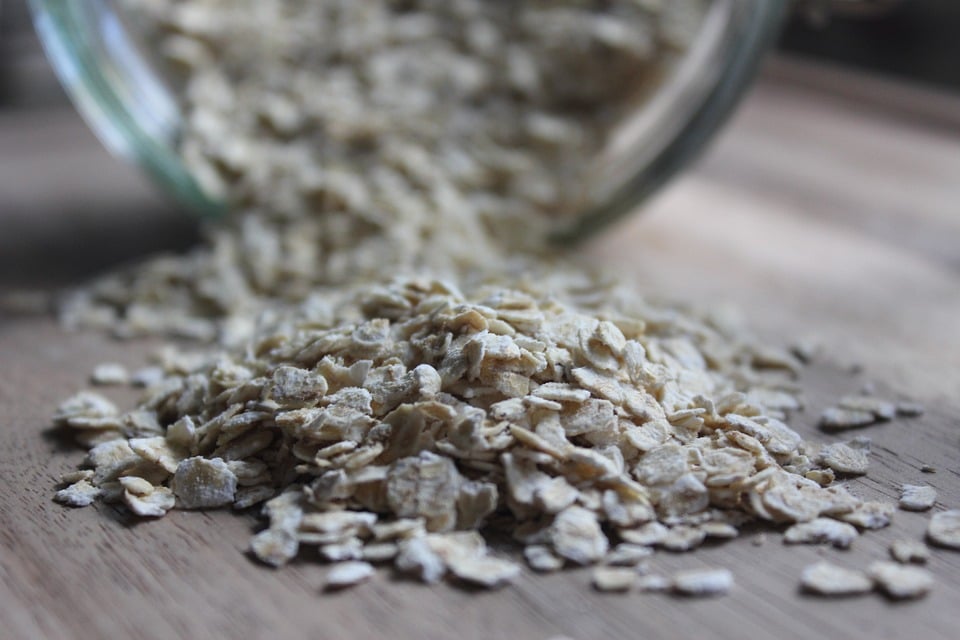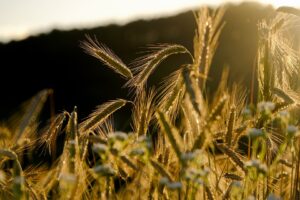The Economic Importance of Rye Farming in Rural Russia
Introduction
Rye farming has been a staple of agriculture in Russia for centuries, with the crop playing a significant role in the economic development of rural areas. In recent years, rye farming has seen a resurgence in popularity due to its ability to withstand harsh growing conditions and its high nutritional value. This article will explore the economic impact of rye farming in rural Russia and why it continues to be a crucial component of the country’s agricultural industry.
Rye Farming in Russia
Rye is a hardy grain that is well-suited to the cold climate and poor soil conditions found in many parts of Russia. It is one of the few crops that can thrive in these challenging environments, making it an important crop for farmers in rural areas. Rye is also a versatile crop that can be used for a variety of purposes, including bread-making, animal feed, and even alcohol production.
Historically, rye farming has played a vital role in Russia’s agricultural sector. During the Soviet era, the government promoted rye cultivation as a way to boost food production and ensure food security for the population. Today, rye farming continues to be an essential part of the country’s agricultural industry, with thousands of farmers across rural Russia growing the crop each year.
Economic Impact
The economic impact of rye farming in rural Russia is significant, contributing to the overall prosperity of the region. One of the key benefits of rye farming is its ability to provide a steady source of income for farmers, especially in areas where other crops may struggle to grow. Rye is a relatively low-maintenance crop that requires minimal inputs, making it a cost-effective option for many small-scale farmers.
Additionally, rye farming creates employment opportunities for rural communities, providing jobs for farm workers, tractor drivers, and other agricultural workers. This helps to stimulate economic growth in these areas and reduce unemployment rates. Furthermore, rye farming supports local businesses, such as grain mills and bakeries, which rely on a steady supply of rye grain to produce their products.
The economic impact of rye farming extends beyond the farm gate, benefiting the wider economy through the sale of rye products domestically and internationally. Russia is one of the world’s largest producers of rye, exporting significant quantities of rye grain, flour, and other products to countries around the world. This trade helps to generate foreign exchange earnings for the country and boost its overall economic output.
Challenges and Opportunities
While rye farming offers many economic benefits to rural Russia, it also faces several challenges that must be addressed to ensure its continued success. One of the main challenges is changing weather patterns and climate variability, which can affect rye yields and quality. Farmers must adapt to these changing conditions by implementing sustainable farming practices and investing in crop protection technologies.
Another challenge for rye farmers is market volatility, with fluctuating prices and demand for rye products impacting their profitability. To address this issue, farmers can diversify their product offerings, such as producing value-added products like artisan bread or specialty spirits, to capture higher margins and reduce their reliance on commodity markets.
Despite these challenges, rye farming in rural Russia also presents numerous opportunities for growth and innovation. Advances in technology, such as precision agriculture and drone technology, can help farmers improve crop yields and reduce production costs. Furthermore, increasing consumer demand for healthy and sustainable food products presents a lucrative market for rye farmers to tap into.
Conclusion
In conclusion, rye farming plays a crucial role in the economic development of rural Russia, providing a source of income for farmers, creating employment opportunities, and supporting local businesses. While rye farming faces challenges such as climate variability and market volatility, it also presents opportunities for growth and innovation. By embracing sustainable farming practices and diversifying their product offerings, rye farmers can ensure the long-term viability of this important crop in Russia’s agricultural sector.





